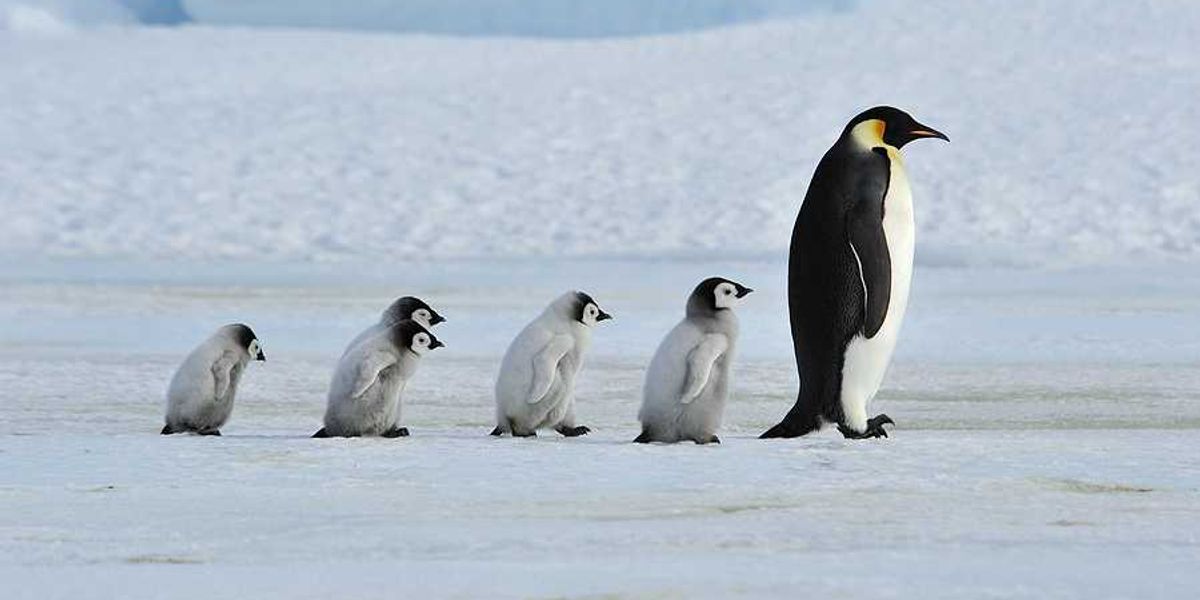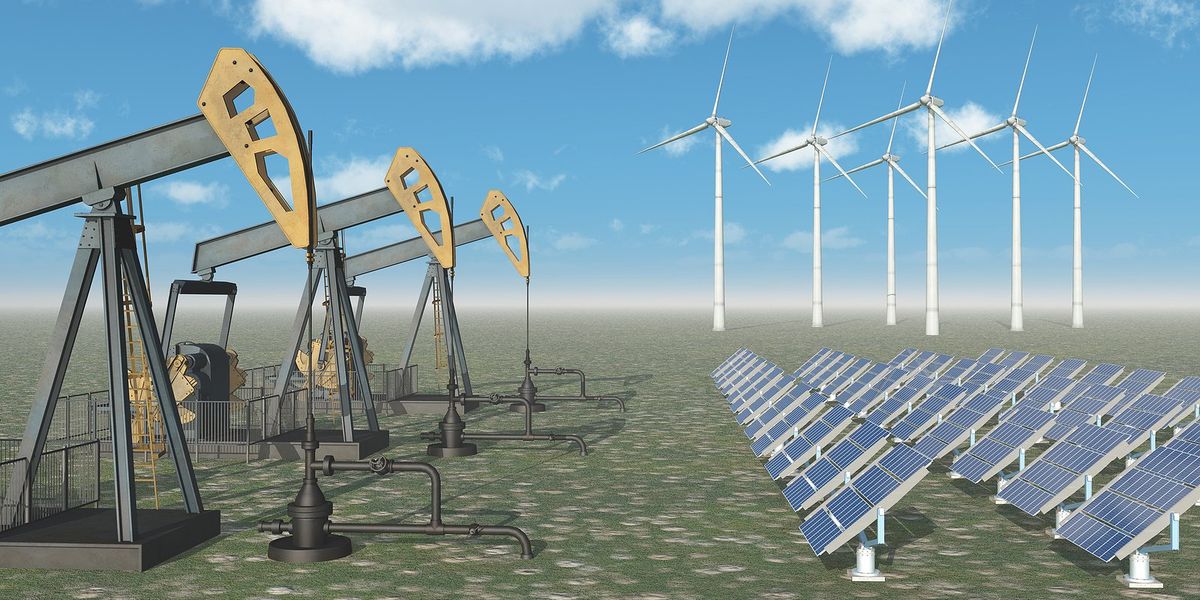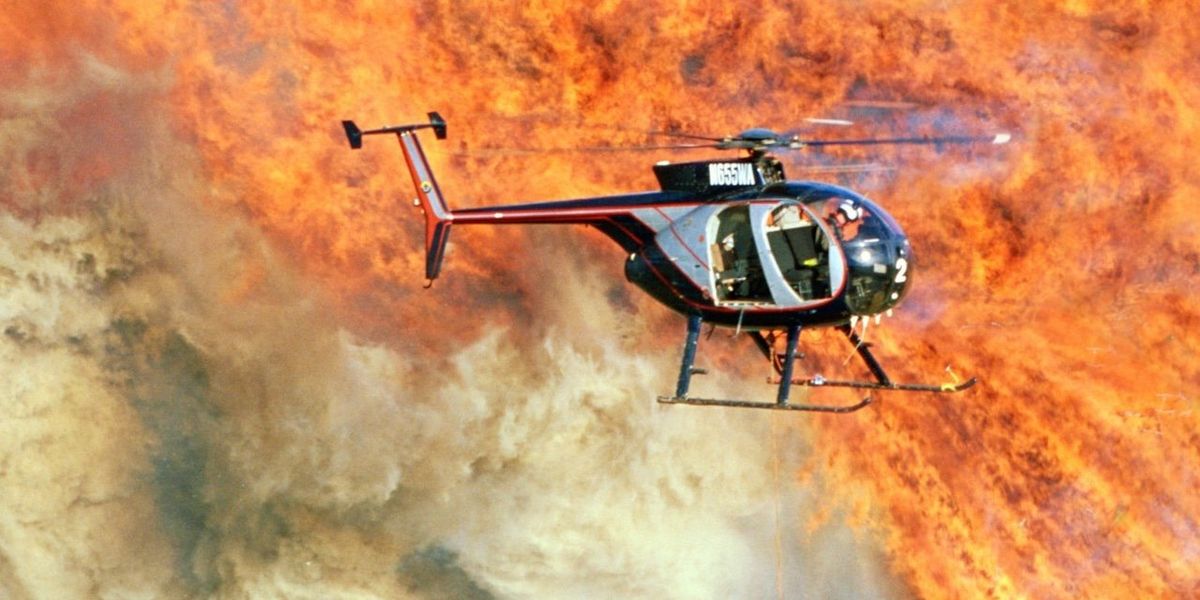
Green Grammys
My incomplete list of notable environmental songs. Prepare to be guilt-tripped.
From John Prine to Childish Gambino, here are some of the most notable environmental songs of the past few decades (please excuse the heavy 1970's bias — these were my formative years, and an era when protest songs ran amok).
Bo Diddley: "Pollution"
Bo Diddley, he of the smokin' 1950's guitar, sang that he wore a cobra snake for a necktie. By 1971, he had trend-spotted an awful song called "Pollution," which warned "pretty soon we all goin' die."
Asylum Street Spankers: “Whatever”
This raunchy Austin bar band tells the story of a desperate young man who will do anything, including recycling, to impress a young woman.
Tower of Power: “There is Only So Much Oil in the Ground”
The blistering horn-based band from Oakland released this in 1975.
Percy Mayfield: "Danger Zone" & "Please Send Me Someone to Love"
Percy Mayfield was a 1950's bluesman and prolific songwriter who wrote two songs about finding romance before the Cold War did us all in. Danger Zone and Please Send Me Someone to Love never topped the charts, but can you think of anything bluesier than global thermonuclear war?
Tracy Chapman: “Rape of the World”
This song leverages the singer's sometimes angry, morose delivery on a song whose title says it all.
Childish Gambino: “Feels like Summer”
"Every day gets hotter than the one before/Running out of water, it's about to go down."
Johnny Cash (and the Beach Boys!): “Don’t Go Near the Water”
How about two very different songs with the same title? Johnny Cash's 1974 "Don't Go Near the Water" warns "see the fish all dead upon the shore."
Three years earlier, the Beach Boys dropped the most un-Beach Boys song imaginable. "Don't go near the water. "Oceans, rivers, lakes and streams/Have all been touched by man/The poison floating out to sea/Now threatens life on land."
Randy Newman: “Burn On”
The laconic singer/songwriter was impressed by Cleveland's chronically flammable stream. "The Cuyahoga River goes smokin' through my dreams/Burn on, big river, burn on."
Also, Newman's "Political Science" is a jaunty tribute to nuclear war.
John Prine: “Paradise”
"Paradise" laments the abandonment of the Kentucky town where his parents grew up in the shadow of a massive coal-fired plant. "Mr Peabody's Coal Train has hauled it away."
Within the past few years, the plant closed, Peabody Energy fell into bankruptcy, and Prine died of COVID.
Joni Mitchell: “Big Yellow Taxi”
Mitchell's oft-covered "Big Yellow Taxi" contained the plea "Hey farmer, farmer, put away your DDT now/Give me spots on my apples, but leave me the birds and the bees." A year later, DDT was outlawed.
Bob Dylan: “A Hard Rain’s Gonna Fall”
"A Hard Rain's Gonna Fall" predicts a ravaged world. (But I like Leon Russell's cover version better).
Neil Young: “After The Gold Rush”
"After The Gold Rush" contains the mournful catchphrase "Look at Mother Nature on the run in the 1970's," followed by an equally mournful french horn.
Stephen Stills: “Ecology Song”
"Ecology Song" features the Memphis Horns. It dates from the peak of the protest song era, and Mr. Stills is a tad upset: "All of this crying, while the Earth is dying. It's a shock they won't stop because of the money."
David Crosby and Graham Nash: “To the Last Whale”
Crosby and Nash offered up "To the Last Whale," which happily hasn't come to pass. Yet.
Marvin Gaye: "Mercy Mercy Me (The Ecology)”
I recently wrote about Marvin Gaye's classic "Mercy Mercy Me (The Ecology)." and its 50th anniversary. It may be the best ever. Unless….
Don McLean: "Tapestry"
Before "American Pie," Don McLean wrote a lyrical guilt trip called "Tapestry:."
"If man is allowed to destroy all we need, he will soon have to pay with his life for his greed."
Peter Dykstra is our weekend editor and columnist. What are your favorite (or least favorite!) environmental songs? Send them in to Peter at pdykstra@ehn.org or @pdykstra.
His views do not necessarily represent those of Environmental Health News, The Daily Climate, or publisher, Environmental Health Sciences.
Banner photo: Conrad Bakker/flickr













